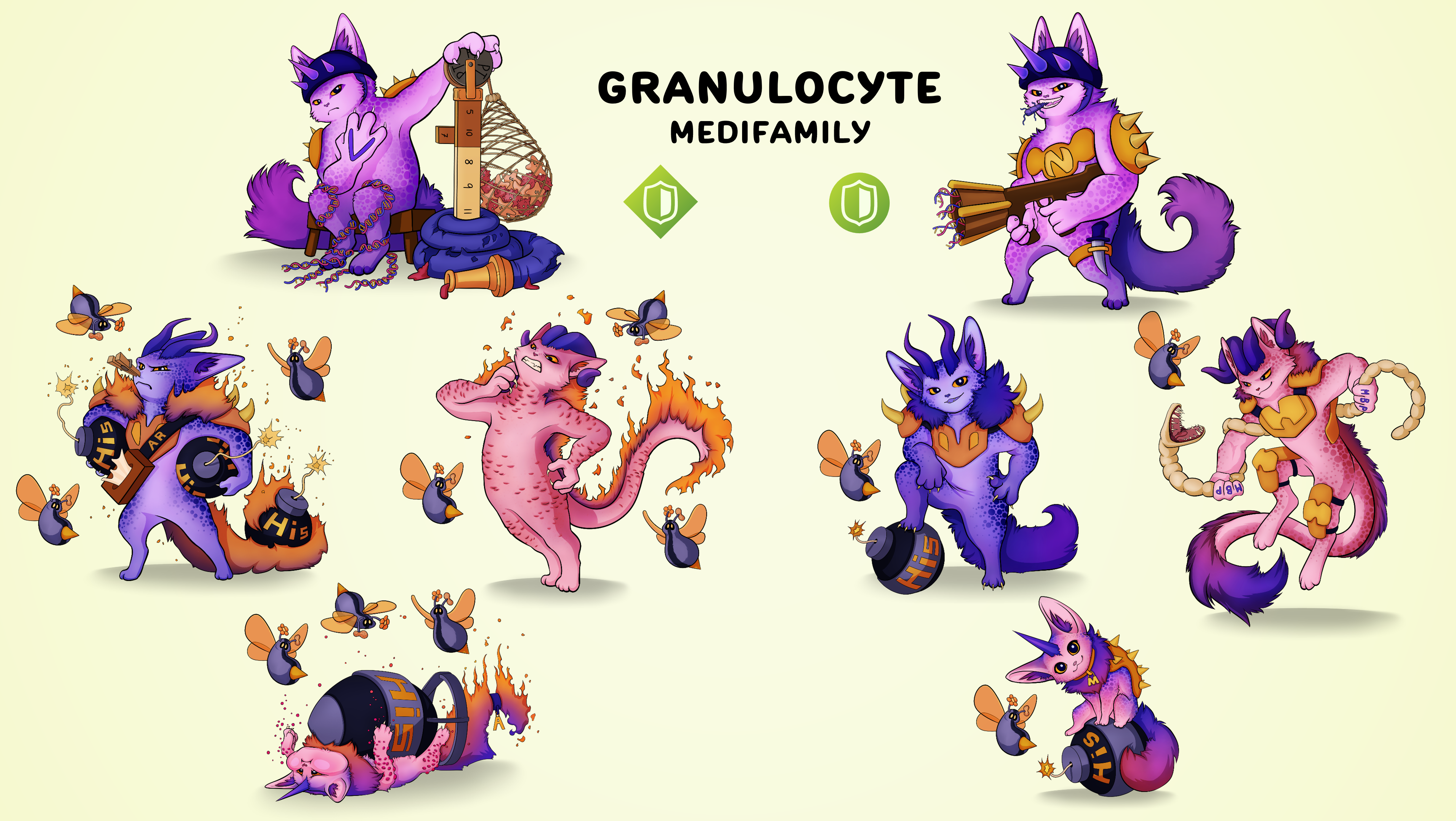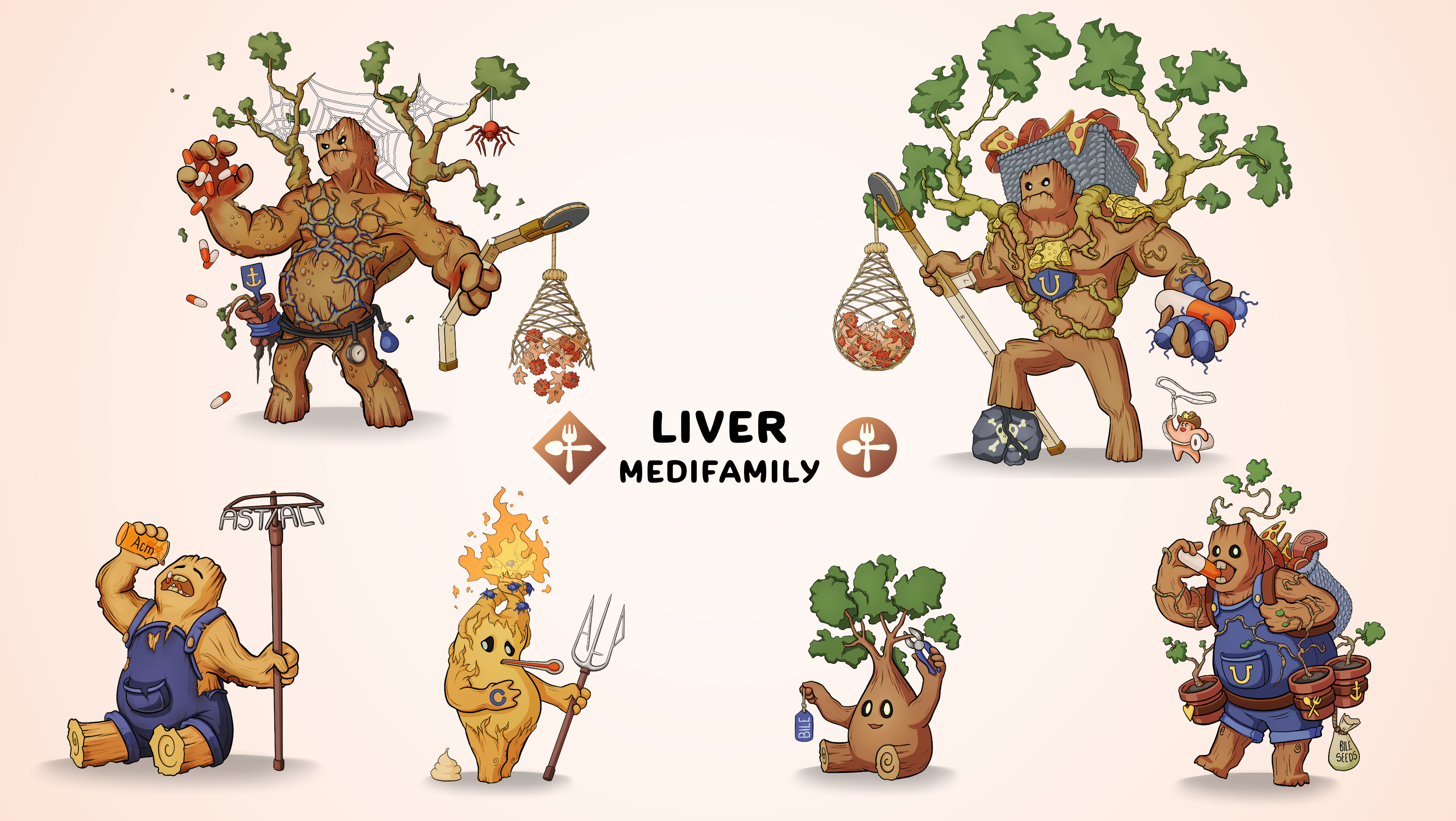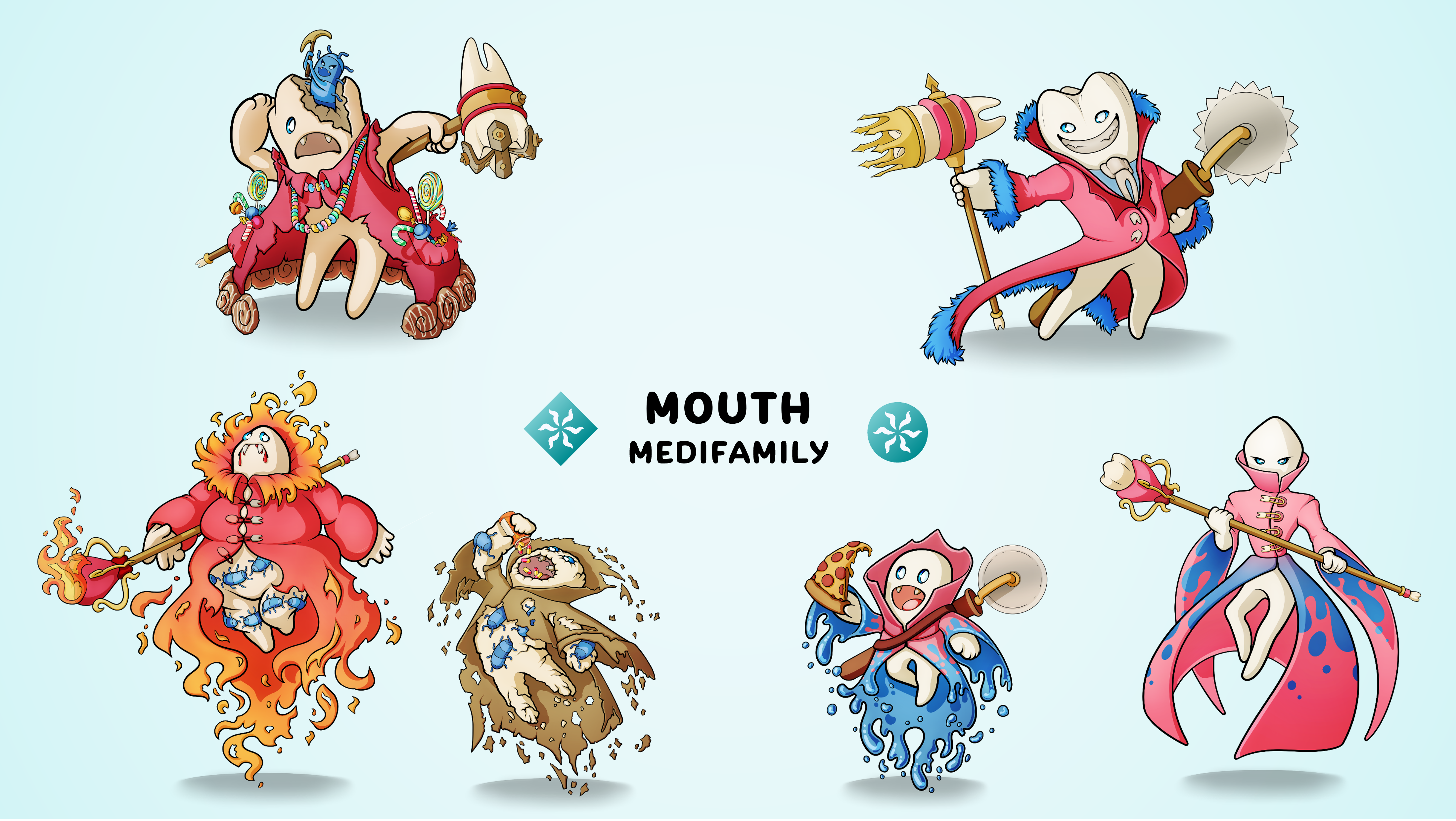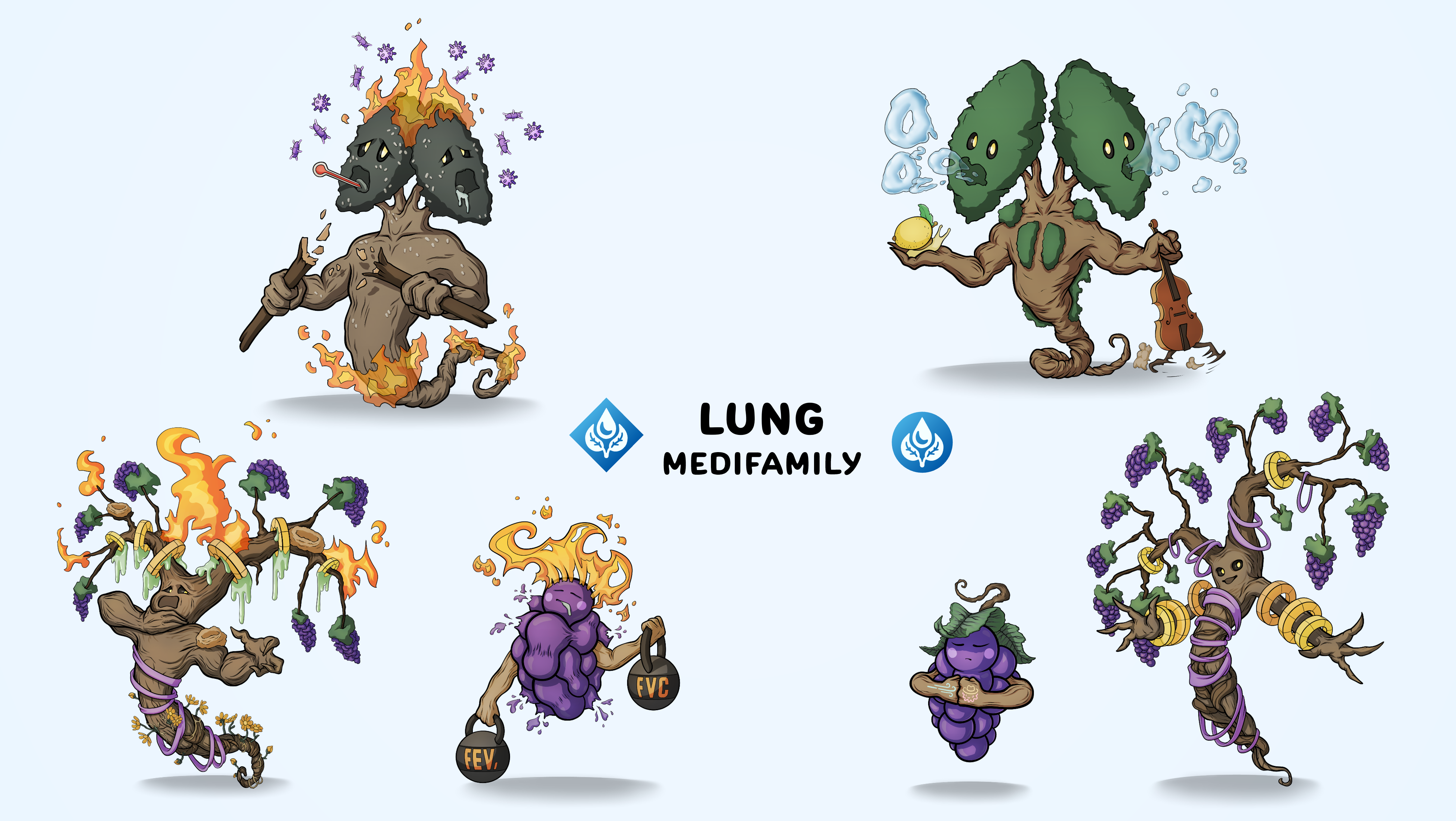IgM
IgM Antibodies are a type of immune protein produced by our body when it first encounters a foreign substance like bacteria or viruses. These antibodies are large and help to activate other parts of the immune system to fight off the infection.
IgE
IgE Antibodies are involved in allergic reactions and protecting our body from parasites. When our immune system encounters an allergen, such as pollen or pet dander, it produces IgE Antibodies that can cause symptoms like itching, sneezing, or difficulty breathing.
IgA
IgA Antibodies are found in body fluids like saliva, tears, and mucus. They help protect our body's mucous membranes, which line the nose, mouth, and digestive system, from harmful bacteria and viruses.
IgG
IgG Antibodies are the most common type of antibodies in our blood and are produced in response to a variety of infections. These antibodies can recognize and neutralize harmful substances, provide long-lasting immunity, and help protect us from getting the same infection again in the future.










